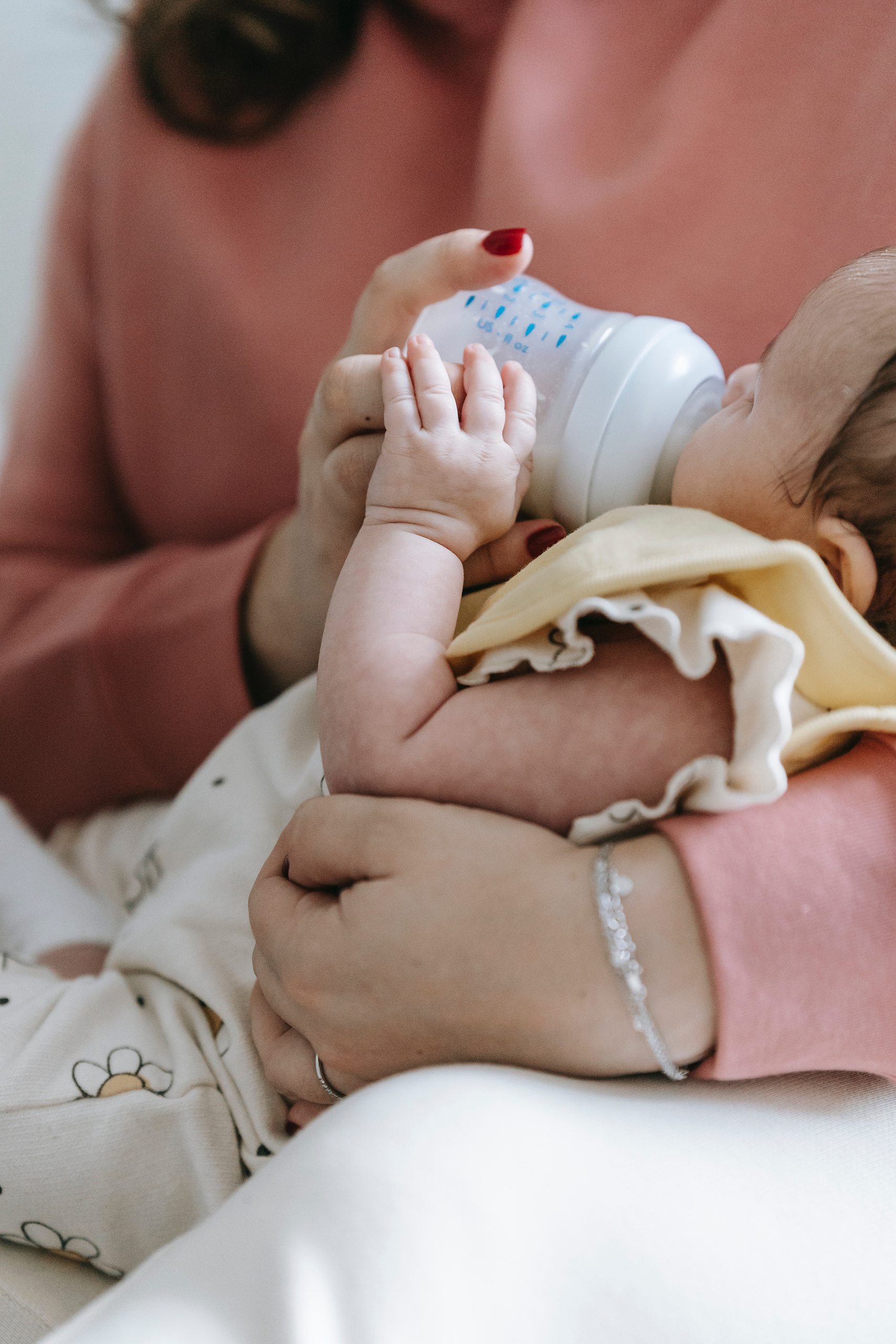our blogs
Current Post

First Years: An Introduction to Infant Mental Health
Sarah Peterson, MSW, LSW
Counselor, Insight Clinical Counseling and Wellness, LLC
Does it all really matter?
Generally speaking, yes. In this specific context, also yes. The topic that we are focusing on today is infant mental health.
Mental health and babies, what?!
Yep. It’s an under-developed but extremely crucial topic. Just like your physical milestones of walking and talking which will set you up for your future, there are mental health milestones as well. Typically, the foundation for these are built in attachment, but new research has found that the pregnancy period can also have an impact on the unborn baby (Kinsella and Monk, 2009).
Mental Health in Pregnancy
Mental health for an infant begins during the pregnancy period. At this time, any stress of the mother is felt by the fetus. This has been found in evidence both physically, resulting in low birth weight or early labor, as well emotionally. On the emotional aspect, correlation has been seen between depressed/anxious mothers producing more of the hormone which is linked to these mental health concerns (cortisol — or the stress responder) and elevated levels in newborn babies (Lerner, 2017).
Mental Health in Infancy/Attachment
Now that we have a baby with increased cortisol from pregnancy — what happens next? That all depends on parenting and attachment (as well as other factors, but we’ll focus here for now). Just like with an adult, this stress can either increase or decrease based on how it is nurtured. For infants, they are formulated very simply: they crave their needs being met.
When a need is met, an attachment is formed. Attachment theory, discovered by Mary Ainsworth and John Bowlby, gives detailed information about this concept. In addition, developmental psychologist, Erik Erikson identified the first stage of healthy development to be trust vs. mistrust, this is developed in early infancy. If infants can trust that their needs are being met consistently, they will feel secure and attached. If an infant feels that their need is not being met (they are going hungry when crying for food, they are not being held when they are feeling alone or cold), this sets the foundation for the formation of unhealthy unattachment styles: anxious/ambivalent, avoidant, and disorganized.
So, key take-aways? Trust is initiated in infancy (Eriskon) by the establishment of an attached, secure caregiver (Bowlby and Ainsworth).
Why Does it Matter?
So, why does any of this matter, really? They won’t remember it anyway, right? Will they have a physical memory? Maybe, maybe not. However, their brains are processing and storing information, therefore, this will be the foundation for how their brains continue to do so as they develop. In short, if they have the ability to trust and form secure bonds, infants will have a higher chance of sustaining a healthy emotional wellbeing. If their foundation is that of constantly searching for reassurance and a need, they are more likely to get stuck in this “fight or flight” mode.
Infancy is a critical period for the development of healthy mental health. Ensuring a secure bond is the foundation for this, especially when stress has been exposed in the prenatal period. The great news is—this is something we, at Insight, can help with! Touch base if you have any questions regarding infant mental health or want to set up an appointment to enhance skills related to any of the above information. This is a topic with a ton of depth and will continue to be discussed and developed in future posts as well—so stay tuned!
Kinsella, M. T., & Monk, C. (2009). Impact of maternal stress, depression and anxiety on fetal neurobehavioral development. Clinical Obstetrics and Gynecology, 52(3), 425-440.
Lerner, C. (2017). Parents under stress: What it means for babies. Zero to Three.
Latest Posts

What is OCD and How Do We Treat It?
When we hear that someone has an obsessive-compulsive disorder (OCD) diagnosis, we often think this means they are very clean and like to wash their hands! Although these symptoms can be true for some individuals experiencing OCD, this is also a very limited perspective. First, let’s break this down by getting into the obsessions, then the compulsions, how they work together and lastly, what OCD treatment looks like.

Coercive Control: The Hidden Domestic Violence
When most people hear about intimate partner violence (IPV), thoughts of physical abuse usually come to mind. However, another insidious form of abuse, coercive control, is often overlooked since the scars are not always visible. Some coercive controllers are physically violent, while others are not.

You Don’t Have to be a Monk to ‘Meditate’
So many of my clients have shared with me that meditation (mindfulness) coping skills ‘Don’t work for me!’ or ‘They make my anxiety worse!’ or ‘I could never sit and think about nothing!’ Maybe you can relate? For most of us, when we think of meditating, we think of a monk sitting cross legged on the floor experiencing a state of quiet and focus. Honestly, that’s what comes to my mind too.
Our Locations
Request Appointment
Contact

Copyright © 2025 Insight Clinical Counseling & Wellness, LLC. All Rights Reserved.

Our Locations
follow us
Instagram
Facebook
LinkedIn
